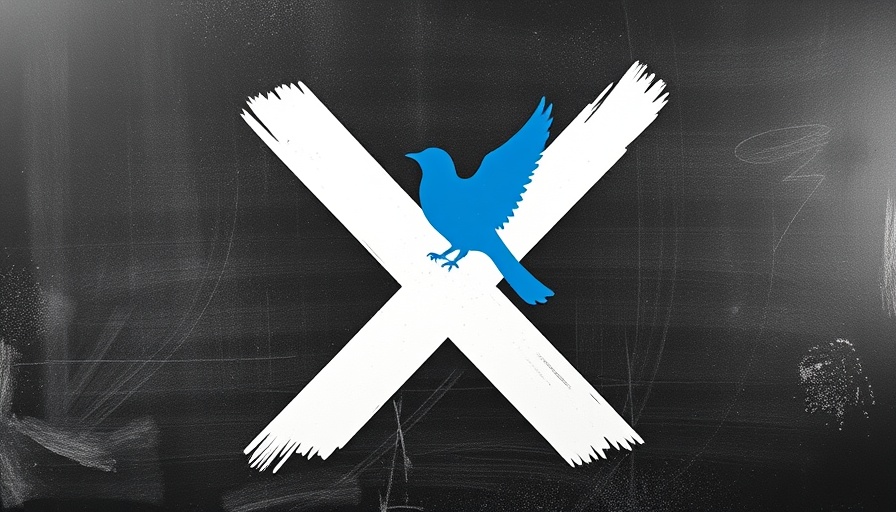
Understanding the Legal Challenge Against the FTC's Actions
Recent court decisions have reignited discussions about free speech and the regulation of digital platforms. A preliminary injunction was placed against the Federal Trade Commission (FTC)'s investigation into Media Matters, a prominent left-leaning advocacy group. This legal action follows Media Matters' report that highlighted how major companies unknowingly placed advertisements alongside antisemitic and other objectionable content on the social media platform X, owned by Elon Musk. In retaliation, X filed lawsuits against Media Matters and several advertisers, asserting these ads represented a systematic boycott.
A Broader Concern for First Amendment Rights
The implications of this case extend beyond Media Matters alone. Judge Sparkle L. Sooknanan ruled that the FTC's investigation appeared to be retaliatory and warned that such government action against entities exercising their First Amendment rights should be alarming for all Americans. The judge emphasized that while the government has a duty to investigate potential misconduct, retaliating against organizations engaging in public discourse risks threatening the very freedom that forms the bedrock of American democracy.
Political Overtones and Potential Conflicts of Interest
This case isn't just about media advocacy; it's also steeped in political intrigue. Before taking office, the current chair of the FTC, Andrew Ferguson, expressed a desire to investigate groups criticizing online misinformation. The court's findings revealed potential bias stemming from those political affiliations, raising crucial questions regarding impartiality in regulatory actions. Notably, Sooknanan noted that Ferguson brought in senior staffers who had publicly commented on Media Matters, indicating a possible conflict of interest.
Advertiser Impact and Industry Repercussions
Regardless of the verdict in this case, the lawsuits have already caused significant disruption within Media Matters. The advocacy group has had to scale back its staff, highlighting the severe repercussions of legal actions that target organizations aiming to hold major corporations accountable. Furthermore, the climate of uncertainty surrounding free speech and advocacy can create a chilling effect, not just on Media Matters but on advocacy groups nationwide. As industries increasingly rely on digital platforms for advertising, the risks associated with public criticism of these platforms could stifle vital reporting and discourse.
What Lies Ahead for Media Matters and the FTC
The outcome of this case remains uncertain as the FTC has yet to announce whether it will appeal the decision. However, the legal battle illustrates a critical moment for advocacy groups, tech platforms, and regulatory bodies alike. As we look to the future, understanding these dynamics is crucial as they might redefine the relationship between media advocacy, corporate accountability, and free speech in the digital age. Keeping an eye on this case is essential for anyone invested in technology and its impact on society.
 Add Row
Add Row  Add
Add 




Write A Comment